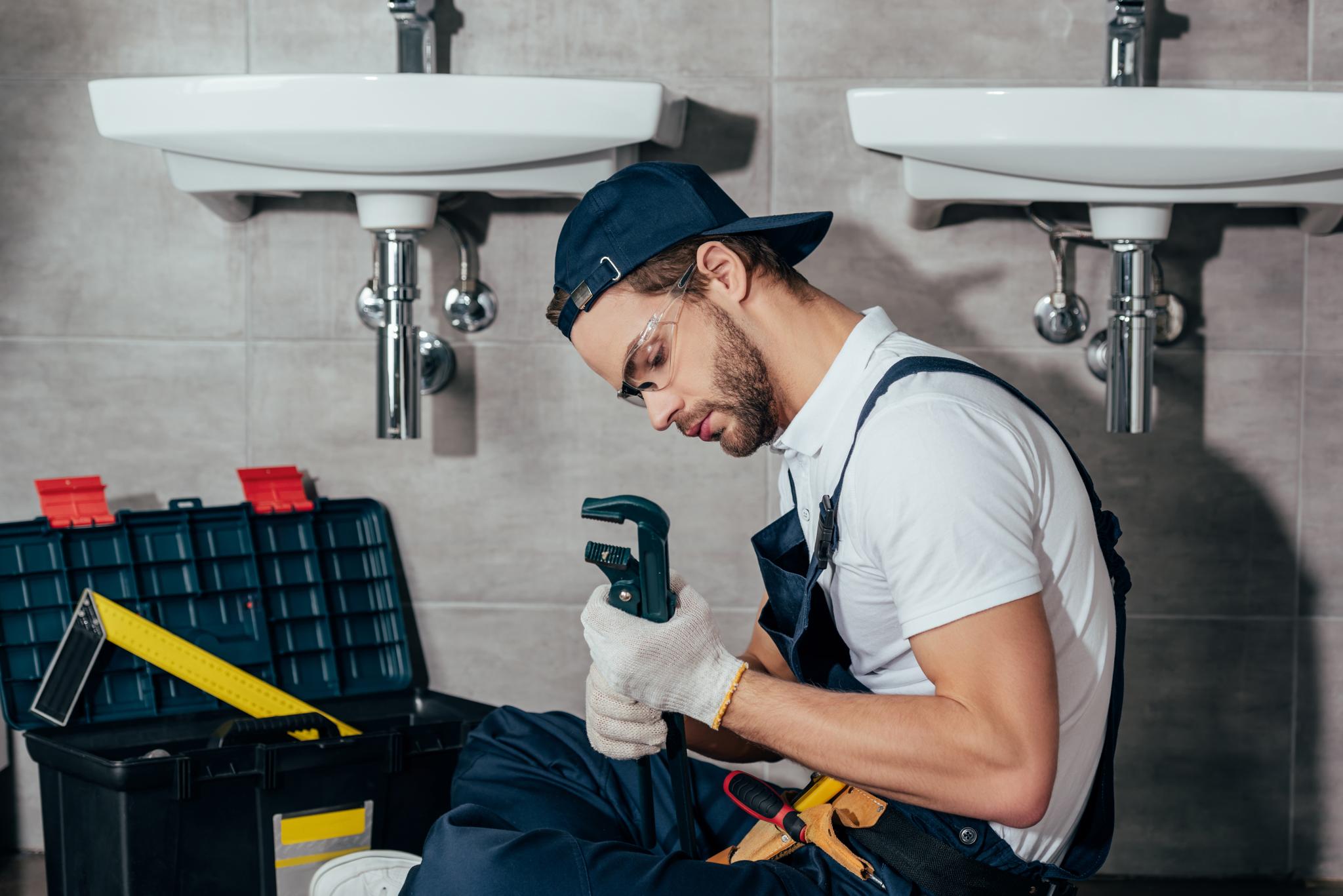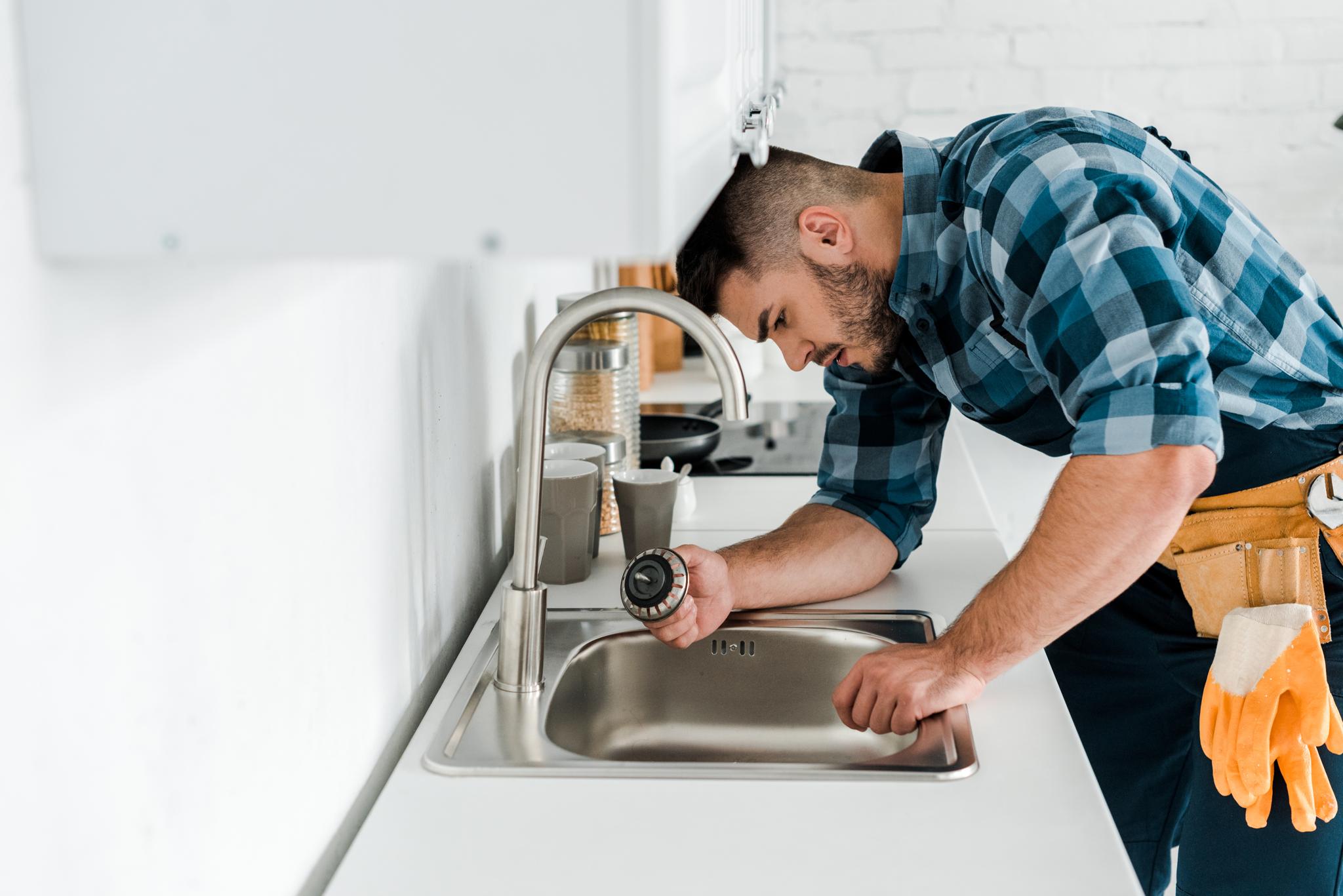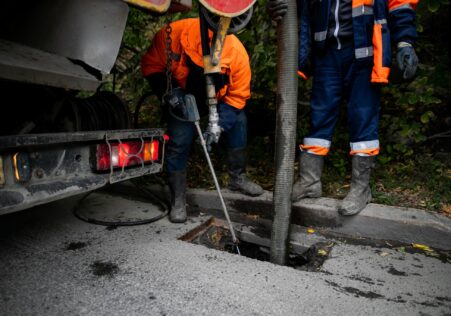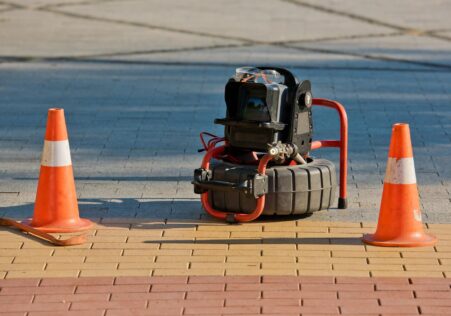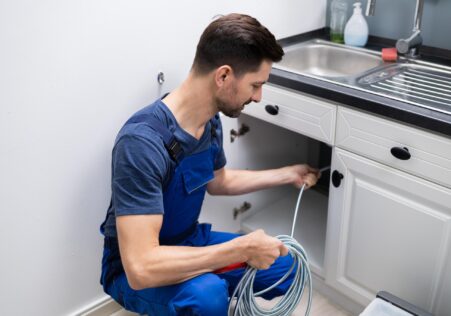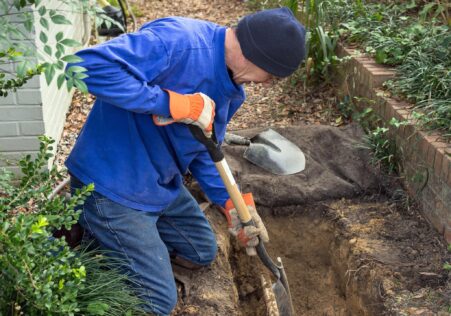How to Keep Your Drains Clean and Prevent Future Blockages

Are you fed up of dealing with clogged drains at home or in the office? Do you want to know how to avoid future blockages and maintain your drains’ cleanliness? In this article, we’ll discuss some tips and tricks to help you maintain healthy drains. We will also discuss why it is important to employ professionals such as Sydney Blocked Drains Plumbers for the job.
Key Takeaways
- Common causes for blockages to drains include soap scum and hair buildup, food waste sticking to grease buildup, toiletries flushed through the toilet like baby wipes products for feminine hygiene, cotton swabs or dental floss and the growth of tree roots into pipes that are outside of the home.
- Utilize a strainer or hair catcher on the drain to stop food waste or hair from running down the drain.
- Make sure to properly dispose kitchen garbage by dumping food scraps into the compost bin or trash bag, rather than washing them in the drain.
- Do regularly scheduled maintenance cleansing by pouring boiling hot water slowly down your shower, sink or tub drains, at least once every week, when they’re clear.
- Mix equal amounts of vinegar and baking soda, then add it to the drain opening for an effective method of removing the grease accumulation on the sewer pipe walls which causes obstructions. Wait 30 minutes and then pour hot water into the drain.
- Call Sydney Blocked Drains Plumbers for help with regular maintenance of sewer systems, septic tanks or pipes outside of the home to ensure they are working properly and efficiently.
- Do not use drain cleaners that contain chemicals as these can damage your pipes over time, and harm the environment.
- Beware of flushing items that are not compostable, such as paper towels, cotton swabs or dental floss. Also, avoid flushing feminine hygiene products down your toilet since this can cause costly repairs in sewers as well as septic tanks.
- Pay attention to abnormal smells emanating from drains. Also, watch for slow drainage, gurgling sounds or other unusual activity which may indicate a blocked drain that needs to be addressed immediately.
Common Roots of Drain Blockages
Before we dive into the best practices and rules, it’s crucial to understand what causes drain blockages at the beginning. Here are a few of the common causes:
- The buildup of soap and hair in bathroom drains
- Food waste sticking in grease and buildup in kitchen drains
- Toiletries that get flushed down the sink such as baby wipes, toothpaste, feminine hygiene supplies or cotton swabs
- Tree roots expanding into pipes that are outside the house
These factors can cause serious damage over time if ignored. However, there are ways to take care of each issue and ensure that your drains are flowing effortlessly.
Dos
1. Use a strainer or hair catcher
A hair catcher or strainer can be placed over the drain’s opening. It prevents food waste and hair from draining. Make sure you clean them regularly.
2. Properly dispose of kitchen waste
Food scraps can be tossed into your compost bin or trash bag instead of washing them in the drain. Rinse dishes using hot water after washing them.
3. Do routine maintenance cleaning
Every week, run boiling water in a slow stream down your bathtub, shower or the tub drain openings. Keeping them reasonably clear. This will keep material accumulation from clogging the drain altogether.
4. Make use of baking soda and vinegar.
Mix equal amounts of baking soda and vinegar (usually half a cup each) then slowly pour it into the drain opening as a natural way of de-greasing blockages that build up on the walls of sewer pipes that result in obstructions. For 30 minutes, wait and pour hot water into the drain.
5. Call a professional
Hire a professional plumber like Sydney Blocked Drains Plumbers to perform regular maintenance on septic tanks, sewer pipes or other pipes outside the house to ensure they’re working correctly and effectively.
Don’ts
1. Avoid using chemical drain cleaners.
Chemical drain cleaners may cause harm to your pipes over time and may also be harmful to the environment. They may also be hazardous when used in conjunction with other cleaning products.
2. Do not flush items that aren’t decomposable down the toilet
Do not flush non-decomposable materials in your toilet, like paper towels, cotton swabs, dental floss or feminine hygiene products since they won’t be able to break down in the natural way and instead result in costly repairs to the sewers or septic tanks.
3. Don’t overlook warnings
If you experience unusual smells emanating from drains, an infrequent drainage, sounds of gurgling or any other unusual behavior, it could indicate a clogged drain which needs immediate attention.
| Do’s | Don’ts |
|---|---|
| Use a strainer or hair catcher | Use chemical drain cleaners |
| Properly dispose of kitchen waste | Flush non-decomposable items down the toilet |
| Perform regular maintenance cleaning | Ignore warning signs |
| Use baking soda and vinegar | |
| Call a professional like Sydney Blocked Drains Plumbers for help |
Frequently Asked Questions
Do I need to scrub my drains?
It is suggested that you clear your drains each between six and a year. If you observe slow drainage or foul smells coming into your plumbing, it is best to act as fast as possible.
What are some DIY ways to clean my drains?
There are a variety of alternatives to try at home such as pouring boiling water down your drain, making use of vinegar and baking soda or using a plunger. Be cautious about what materials and substances you use to drain your water and avoid items that could cause harm or damage to your plumbing system.
How can I avoid future blockages in my drains?
Regular maintenance of your plumbing system will help prevent future blockages. Avoid flushing foreign objects down the toilet, regularly clean hair out of the drains of your shower, and also use an in-sink strainer to catch food scraps before they go to the sewer.
When should I call a professional plumber?
In the event that you’ve attempted DIY techniques but are still experiencing slow-moving drains or blockages, it’s recommended to call a professional plumber for more analysis as there could be underlying issues that need to be addressed.
My drains keep becoming blocked Could this be an indication of a bigger issue?
The frequent clogging of drains could indicate more serious issues, such as tree roots infiltrating your pipes or collapsed pipes within your plumbing system. In such cases it is recommended to call an experienced plumber such as Sydney Blocked Drains Plumbers who can assess the problem properly and recommend the best course of action.
In conclusion, maintaining healthy drains is a must for every office or house. Use these guidelines today to avoid blockages in the future and keep your drains flowing freely. Keep in mind that professional help is only a phone call just a phone call away. For more details on our plumbing services, including clearing drainage pipes CCTV drain inspection pipe relining and general plumbing maintenance call Sydney Blocked Drains Plumbers at # ###-###-#### or visit our website for more details. [(click here)] (https: //www. example.com/)
Additional Information
- Get Rid of Drain Blockages Permanently with These Tested Approaches
- Drain Maintenance 101: A Decade of Simple Methods to Prevent Clogs in Your Home
- The Importance of Regular Pipe Relining for Homeowners
- Why Condo Complexes are Switching to Trenchless Pipe Relining Methods
- Say Goodbye to Frequent Clogging: Reasons to Invest in Pipe Relining Services
- Troubleshooting Blocked Drains Plumber Tips & Solutions
- Resolve Your Sewer Problems Without Spending Much: Pipe Relining
- DIY Drain Cleaning: How to Safely Tackle Clogged Drains
- When to Call a Professional for Blocked Drains: A Guide
- What You Need to Know About Blocked Drains and How to Resolve Them


